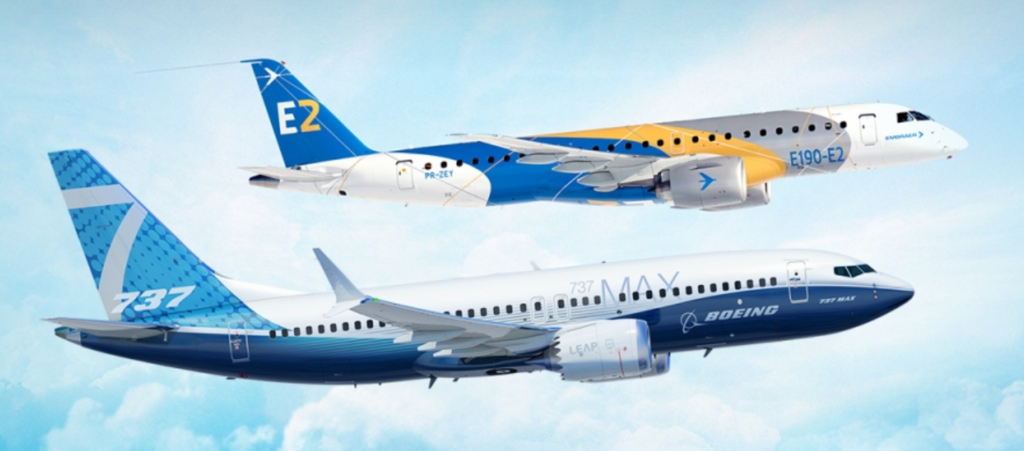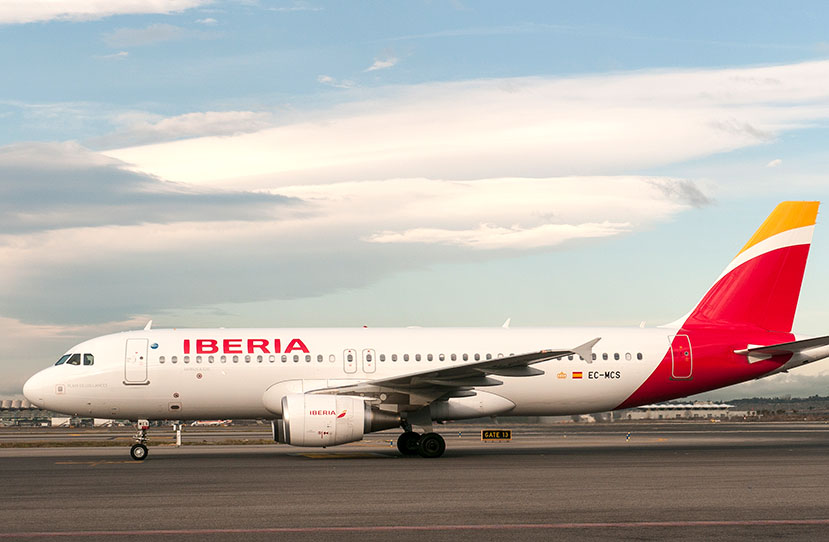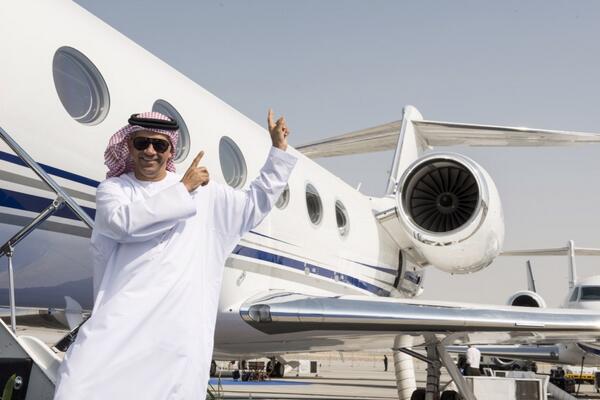Bombardier Signs Contract to Upgrade Trains for Queensland
Bombardier to lead a $361 million AUD design change programme requested by the Queensland GovernmentBombardier to leverage local supply chain to improve fleet’s accessibility and passenger experience Mobility technology leader Bombardier Transportation announced today an…




